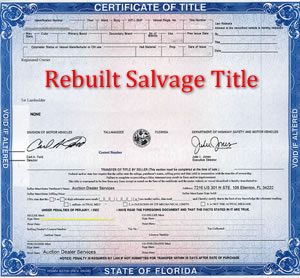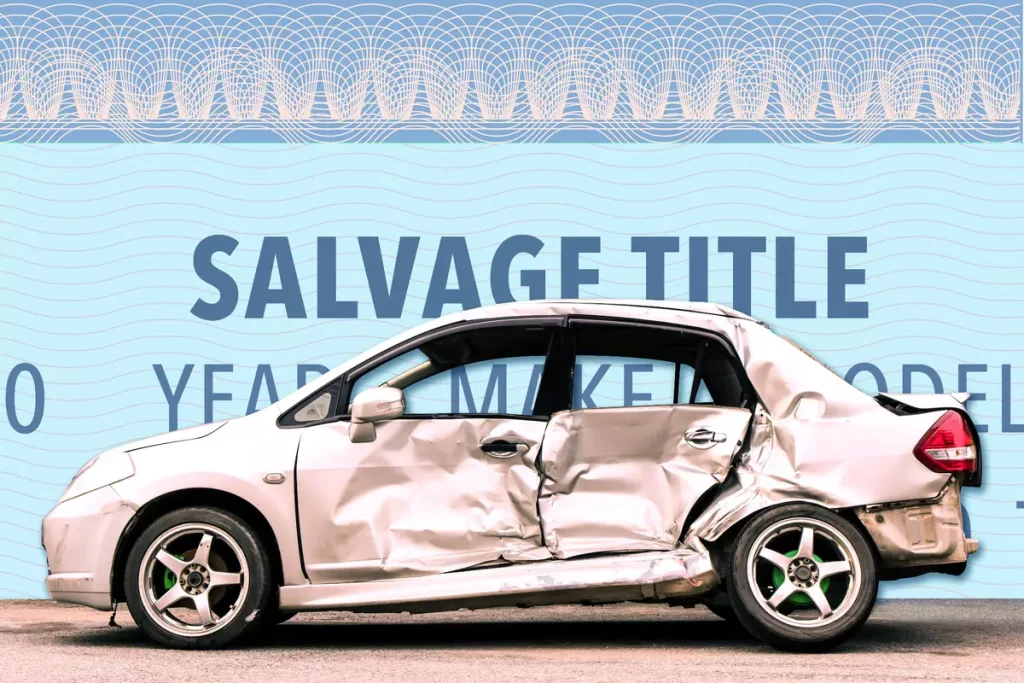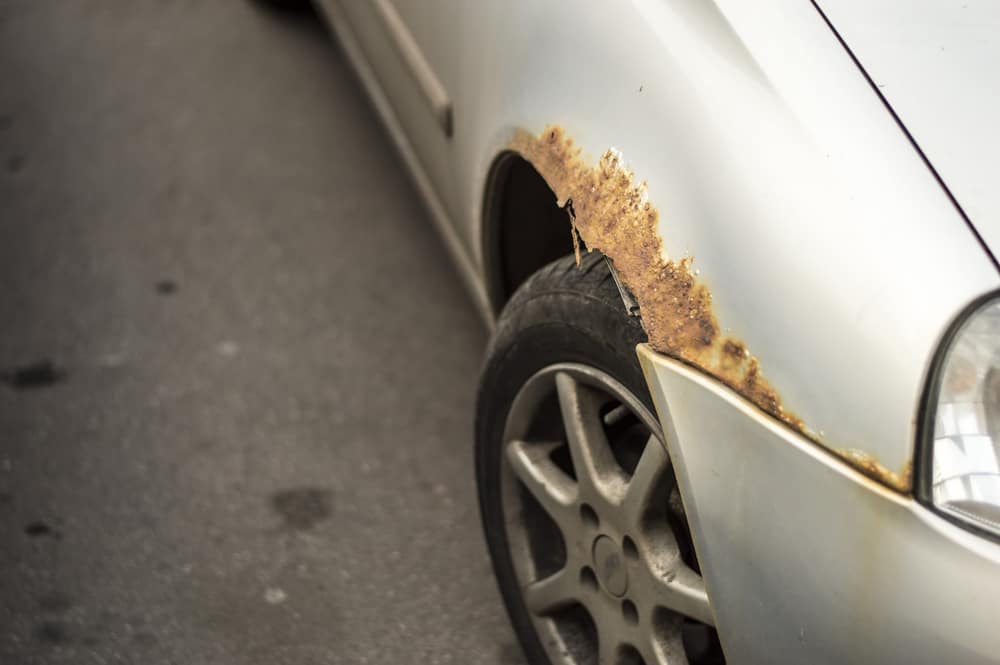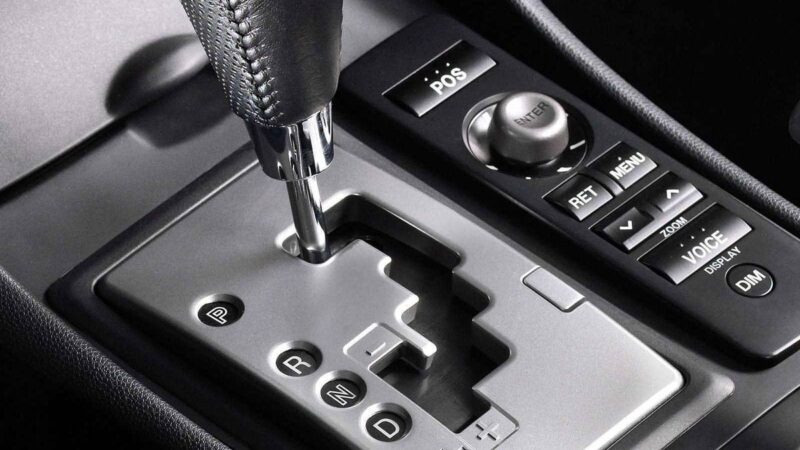Understanding Salvage Titles: What They Mean and How They Affect Your Purchase
When shopping for a used car, you might come across vehicles with a “salvage title.” This term can be confusing for many buyers, and it’s crucial to understand what it means and how it could impact your purchase. In this article, we’ll delve into the details of salvage titles, their implications, and what you should consider before buying a car with such a title.

What Is a Salvage Title?
A salvage title is a designation assigned by a state’s department of motor vehicles (DMV) to a vehicle that has been damaged to the point where the cost of repairs exceeds a certain percentage of its value, typically ranging from 70% to 80%, depending on the state. This title indicates that the car has been declared a total loss by an insurance company.
Reasons for a Salvage Title
Vehicles can receive a salvage title for various reasons, including:
- Accident Damage: Severe damage from accidents that makes the car unsafe or too costly to repair.
- Flood Damage: Water damage from floods or other water-related incidents.
- Theft or Vandalism: Vehicles that have been stolen and then recovered, often with significant damage.
- Fire Damage: Damage from fires, which can compromise the vehicle’s structural integrity and mechanical components.
- Hail Damage: Extensive damage from hailstorms, especially if the car is older or the damage is widespread.

How Does a Salvage Title Affect the Vehicle’s Value?
A salvage title significantly reduces the value of a vehicle. Because these cars have been deemed totaled, they are often sold at a fraction of their original value. However, the extent of the discount can vary widely depending on the type and severity of the damage, as well as the overall condition of the vehicle after any repairs.
Implications for Insurance and Financing
- Insurance: Insurance companies may be reluctant to offer coverage for vehicles with salvage titles, or they may charge higher premiums. Some policies might exclude coverage for certain types of damage that led to the salvage title in the first place.
- Financing: Obtaining a loan for a vehicle with a salvage title can be challenging. Lenders often view these cars as higher-risk investments, and some may refuse to finance them altogether. If financing is available, it may come with higher interest rates.
Can a Salvage Title Be Cleared or Rebuilt?
In some cases, a vehicle with a salvage title can be rebuilt and then sold with a “rebuilt” or “reconstructed” title. This process typically involves repairing the vehicle to a safe and roadworthy condition, and then passing an inspection by the DMV. However, even with a rebuilt title, the vehicle’s history as a salvage vehicle remains part of its record, which can still affect its value and insurability.
What Should You Look Out For?
If you’re considering buying a vehicle with a salvage title, here are some key factors to consider:
- Damage Assessment: Have the vehicle inspected by a trusted mechanic to assess the extent of the damage and the quality of any repairs that have been made.
- Title History: Check the vehicle’s title history to understand the reasons behind the salvage designation and to ensure there are no other red flags.
- State Regulations: Be aware of the laws in your state regarding the sale and registration of salvage-title vehicles. Some states have stricter regulations than others.
- Future Resale Value: Keep in mind that a salvage title will likely reduce the car’s resale value in the future, which could be a significant consideration if you plan to sell the vehicle down the line.
- Potential Hidden Issues: Salvage vehicles may have hidden structural damage or other issues that aren’t immediately apparent, which could lead to costly repairs down the road.
When Might a Salvage Title Car Be a Good Deal?
Despite the drawbacks, a salvage title vehicle could be a good deal in certain situations:
- Parts or Restoration: If you’re looking for a car to use for parts or for a restoration project, a salvage title vehicle could be a cost-effective option.
- Minimal Damage: In some cases, the damage might be minimal, and the repairs could be relatively straightforward and affordable.
- Personal Use: If you’re confident in the repair work and the vehicle’s condition, and if you don’t plan to rely on traditional financing or insurance, a salvage title car could be a viable option for personal use.
Conclusion
A salvage title is a significant factor to consider when buying a used car. While it can indicate a potentially lower purchase price, it also comes with several caveats, including reduced value, challenges with insurance and financing, and potential hidden issues. If you’re considering a salvage title vehicle, be sure to do your homework, have the car inspected, and understand the implications for your ownership experience.
By being informed and cautious, you can make a more educated decision about whether a salvage title vehicle is the right choice for you.




